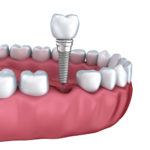Why Do My Teeth Feel Weird? Common Causes and Remedies Explained
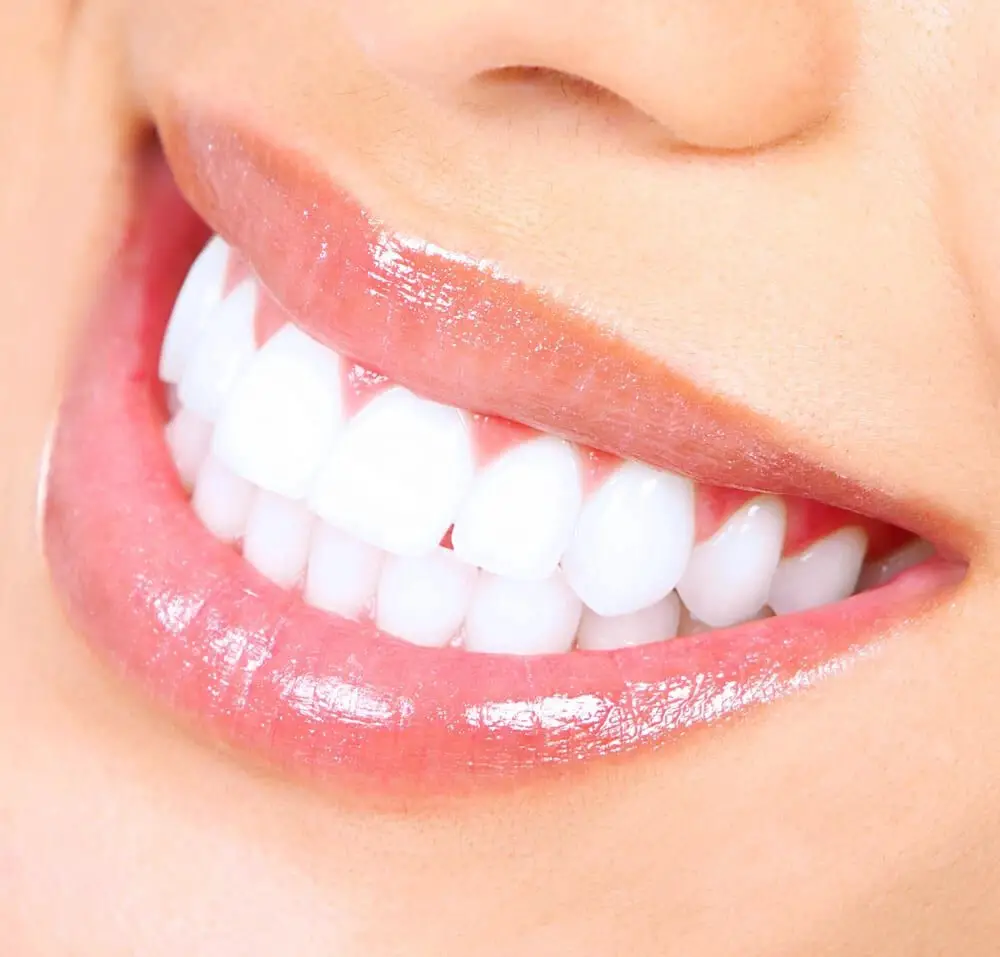
The sensation of having weird teeth is an unpleasant and uncomfortable experience that can affect your daily life. Whether you feel sensitivity, pain, or a strange texture, there are various reasons why your teeth might be feeling weird. Understanding the underlying causes of these symptoms can help you identify the appropriate remedies to relieve your discomfort. There are several factors that can contribute to the way your teeth feel, including poor oral hygiene, dental procedures, and underlying medical conditions. In this article, we will explore the most common causes of weird teeth sensations and provide you with practical tips and remedies to alleviate your discomfort. Whether it’s a mild or severe issue, it’s essential to address any discomfort in your teeth to maintain optimal oral health and prevent more severe dental problems.
This article aims to explore the common reasons why your teeth might feel weird and provide practical remedies to help alleviate the discomfort. The causes of tooth sensitivity, pain, and other abnormal sensations can range from poor oral hygiene to underlying medical conditions. We will delve into the various factors that could be contributing to your discomfort, such as tooth decay, gum disease, enamel erosion, teeth grinding, and more. Additionally, we will offer tips and tricks for maintaining good oral health and preventing future issues. By the end of this article, you will have a better understanding of what might be causing your dental discomfort and the steps you can take to address it.
It is crucial to never ignore any strange feelings or sensations in your teeth. If your teeth feel weird, it could be an indication of an underlying dental problem that requires immediate attention. There are a multitude of reasons why your teeth may feel strange, including cavities, gum disease, teeth grinding, and sensitive teeth. A visit to the dentist can help diagnose the cause of these symptoms and provide effective remedies to alleviate the discomfort. Regular dental check-ups are also essential in preventing dental issues from developing in the first place. Therefore, it is always best to seek professional dental help if you experience any unusual sensations in your teeth.
Sensitivity
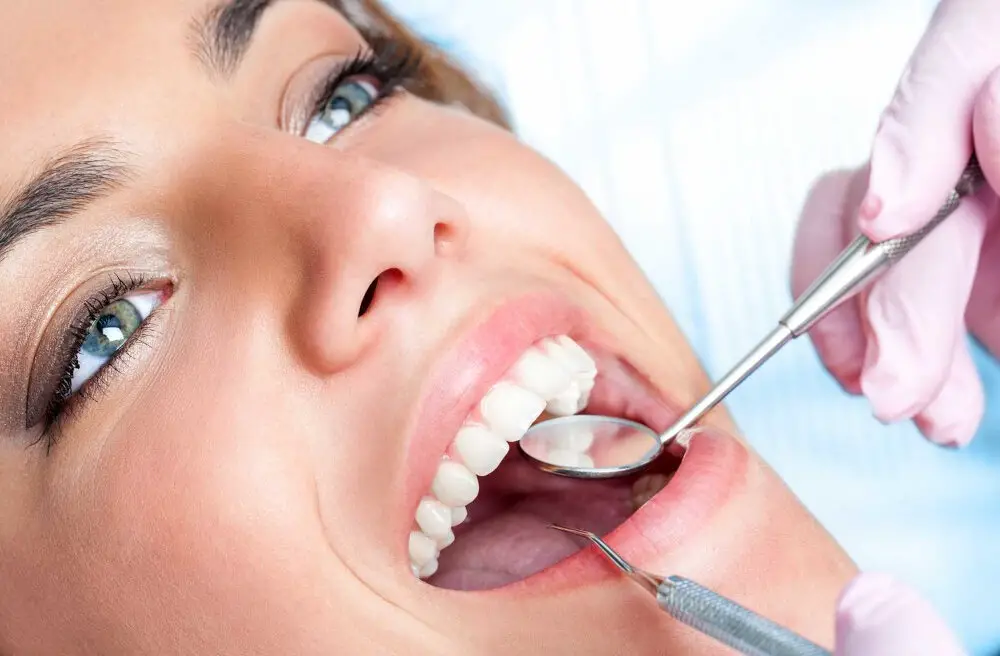
Sensitivity is a common dental issue that affects many people across the globe. Generally defined as a sharp, sudden pain or discomfort in the teeth when exposed to certain stimuli such as hot and cold temperatures, acidic or sweet foods, brushing, or flossing, sensitivity can be caused by a variety of factors. Some of the most common causes of sensitivity include gum recession, enamel erosion, tooth decay, and teeth grinding or clenching. Additionally, certain lifestyle habits such as smoking or excessive consumption of acidic or sugary foods and drinks can also contribute to sensitivity. If left untreated, sensitivity can lead to further dental problems such as cavities, gum disease, and even tooth loss. Thankfully, there are several remedies that can help alleviate sensitivity and improve overall dental health. One of the most effective ways to manage sensitivity is by practicing good oral hygiene habits such as brushing twice daily with a soft-bristled brush and fluoride toothpaste, flossing regularly, and using a mouthwash. Additionally, avoiding acidic or sugary foods and drinks, quitting smoking, and wearing a mouthguard at night to prevent teeth grinding can also help reduce sensitivity. In severe cases, a dentist may recommend treatments such as desensitizing toothpaste, fluoride treatments, or dental bonding. Overall, by taking proactive steps to manage sensitivity, individuals can protect their teeth from further damage and maintain optimal dental health.
Sensitivity refers to the unpleasant feeling or discomfort experienced in the teeth when they come in contact with hot or cold food, drinks, or air. This sensation can be described as a sharp, shooting pain or a dull ache that can last for a few seconds or even minutes. The condition can be caused by various factors, including tooth decay, gum disease, worn enamel, and exposed roots. It can also be a side effect of teeth whitening or dental procedures. The discomfort can be alleviated by using desensitizing toothpaste, avoiding acidic foods, and maintaining good oral hygiene. In severe cases, dental treatments like fillings or root canal therapy may be necessary.
If you’ve ever experienced tooth sensitivity, you know how uncomfortable it can be. There are several common causes of tooth sensitivity, including gum recession, tooth decay, and teeth grinding. Gum recession occurs when the gums pull back from the teeth, exposing the sensitive roots. Tooth decay, on the other hand, can cause sensitivity when it reaches the inner layer of the tooth, called the dentin. Teeth grinding, or bruxism, wears down the tooth enamel and can also lead to sensitivity. Additionally, consuming acidic foods or drinks, using certain toothpastes, and undergoing certain dental procedures can also cause tooth sensitivity. There are several remedies available to treat tooth sensitivity, including desensitizing toothpaste, fluoride treatments, and dental bonding or crowns.
If you are suffering from tooth sensitivity, there are several remedies that could help alleviate the discomfort. One such remedy is the use of desensitizing toothpaste, which contains compounds that help to block the pain signals from reaching the nerves. Additionally, dental procedures such as bonding, crowns, or inlays can be used to cover the exposed roots and reduce sensitivity. In some cases, a fluoride gel or varnish may be applied to the teeth to strengthen the enamel and reduce sensitivity. It is important to consult with your dentist to determine the best course of action for your specific case of tooth sensitivity.
Pain
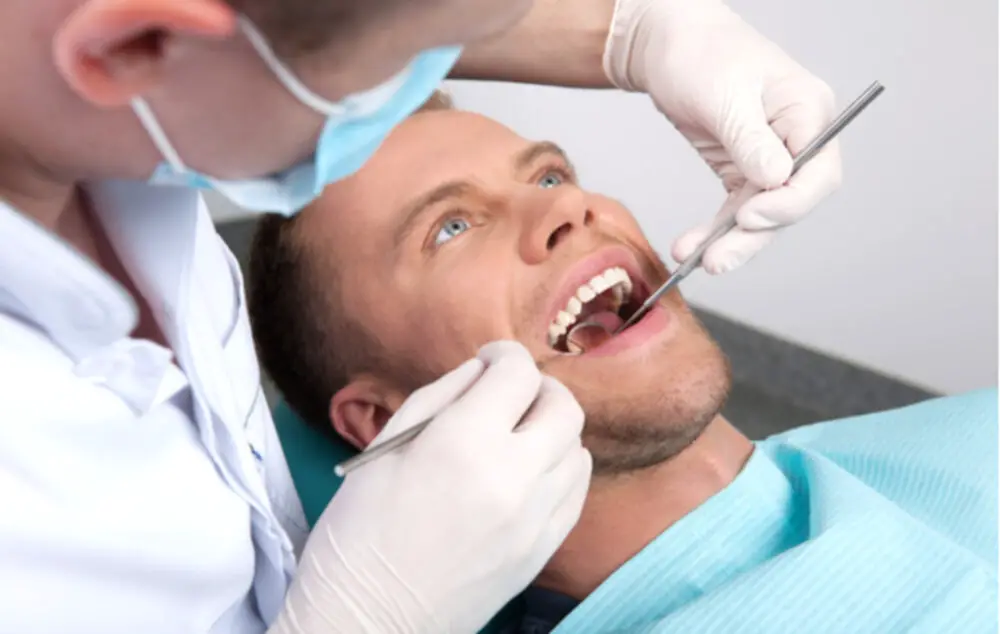
Pain is a common and unpleasant sensation that can affect any part of the body, including the teeth. Tooth pain can range from a dull ache to a sharp, shooting pain, and it can be caused by a variety of factors. Some common causes of tooth pain include cavities, gum disease, cracked or broken teeth, and tooth abscesses. Depending on the cause of the pain, different treatments may be necessary to alleviate the discomfort. In some cases, pain relief can be achieved through over-the-counter pain medications, while in other cases, more invasive procedures may be required, such as root canals, extractions, or gum surgery. It is important to seek dental care promptly if you experience tooth pain, as the underlying issue may worsen over time if left untreated. In addition to seeking treatment for tooth pain, there are also steps you can take at home to relieve discomfort and promote oral health. Maintaining good oral hygiene through regular brushing and flossing can help prevent many types of tooth pain, as can avoiding sugary or acidic foods and drinks. If you grind your teeth at night, wearing a night guard can help prevent tooth pain and damage. Additionally, reducing stress levels through practices such as meditation or yoga may help alleviate tooth pain caused by tension or anxiety. By taking care of your teeth and seeking prompt treatment for any issues that arise, you can minimize the risk of tooth pain and keep your smile healthy and beautiful for years to come.
Tooth pain can feel like a dull, constant ache or a sharp, shooting pain that can be triggered by something as simple as a sip of cold water or a bite of food. It can also cause sensitivity to hot or cold temperatures, pressure, and even touch. The pain may be localized to a specific tooth or area of the mouth or radiate to the jaw, ear, or head. In some cases, there may be visible signs of damage, such as a cracked or chipped tooth, while in others, the pain may be caused by underlying conditions such as gum disease or tooth decay. Regardless of the cause, tooth pain can be uncomfortable and even debilitating, making it essential to seek prompt dental care to address the issue and relieve the discomfort.
Pain in your teeth can be caused by a variety of factors. Cavities are one of the most common causes of tooth pain. These are caused by bacteria that produce acid which eats away at the tooth’s enamel, creating a hole or cavity. Gum disease is another common cause of tooth pain. It occurs when bacteria build up on and around the gum line, leading to inflammation, bleeding, and eventually tooth loss if left untreated. Other causes of tooth pain can include cracked or broken teeth, impacted wisdom teeth, and sinus infections that can cause referred pain to the teeth. It is important to see a dentist as soon as possible if you are experiencing tooth pain, as early intervention can often prevent further damage and complications.
If you’re experiencing tooth pain, there are several remedies available, including fillings and root canals. Fillings are typically used to treat cavities, which can cause sensitivity and discomfort. During a filling procedure, your dentist will remove the decayed portion of the tooth and fill the space with a material such as composite resin. Root canals are a more extensive treatment option that may be necessary if the tooth’s nerve has become infected. During a root canal, the infected nerve is removed, and the tooth is sealed with a crown. While both fillings and root canals can help alleviate tooth pain, it’s important to maintain good oral hygiene to prevent future issues.
Discomfort

Discomfort is a common issue that people encounter when it comes to their teeth. This feeling can be described as an uneasy sensation that ranges from mild to severe. There are various reasons why discomfort occurs, including tooth decay, gum disease, teeth grinding, and sensitivity. Tooth decay is one of the most common causes of discomfort as it causes the tooth to become weak and sensitive. This may lead to pain and discomfort when biting or chewing food. Gum disease, on the other hand, affects the gums, causing them to become inflamed and sensitive. Teeth grinding is another cause of discomfort as it puts pressure on the teeth, leading to soreness and pain. Finally, sensitivity occurs when the protective layer of the tooth wears away, leaving the nerves exposed, and causing discomfort when consuming hot or cold food and drinks. Fortunately, there are remedies that can help alleviate discomfort caused by these issues. The most common remedy for tooth decay is a filling or crown, which helps to restore the damaged tooth. For gum disease, deep cleaning, and antibiotics are usually prescribed to help reduce inflammation and eliminate bacteria. Teeth grinding can be treated with a mouthguard that helps to protect the teeth during sleep. Finally, sensitivity can be addressed by using toothpaste designed for sensitive teeth or dental procedures such as bonding, crowns, or inlays. Overall, discomfort may be a common dental issue, but with the right remedies, it can be addressed and prevented.
Discomfort can feel like a range of sensations, from a dull ache to a sharp pain. In the context of dental health, discomfort can be caused by a variety of factors, such as tooth decay, gum disease, or sensitivity to hot or cold temperatures. Discomfort may also be accompanied by swelling, redness, or tenderness in the affected area. It is important to address any discomfort promptly, as it may be a sign of a more serious underlying issue. Seeking the advice of a dental professional can help to identify the cause of the discomfort and determine the appropriate course of treatment.
Discomfort in teeth is a common occurrence that can be caused by several factors. One common cause of discomfort is wisdom teeth coming in. As these third molars start to emerge, they can cause pressure and even pain, especially if there isn’t enough space in the mouth for them. Another cause of discomfort can be orthodontic treatment, such as braces or clear aligners. As teeth are being shifted into new positions, it’s not uncommon to experience soreness and sensitivity in the teeth and gums. These discomforts can often be remedied with over-the-counter pain relievers, such as ibuprofen or acetaminophen, as well as using ice packs or warm compresses on the affected area.
If you experience discomfort in your teeth, there are several remedies you can try to alleviate the pain. Pain relief medication such as ibuprofen or acetaminophen can be effective in reducing inflammation and minimizing discomfort. Additionally, orthodontic adjustments may be necessary if your teeth feel weird due to misalignment or overcrowding. This may involve wearing braces or aligners to gradually shift your teeth into the proper position. Other options include using a warm compress or avoiding certain foods that may irritate your teeth. It’s important to consult with a dental professional if you experience persistent discomfort in your teeth to determine the underlying cause and the best course of treatment.
Weird Sensations
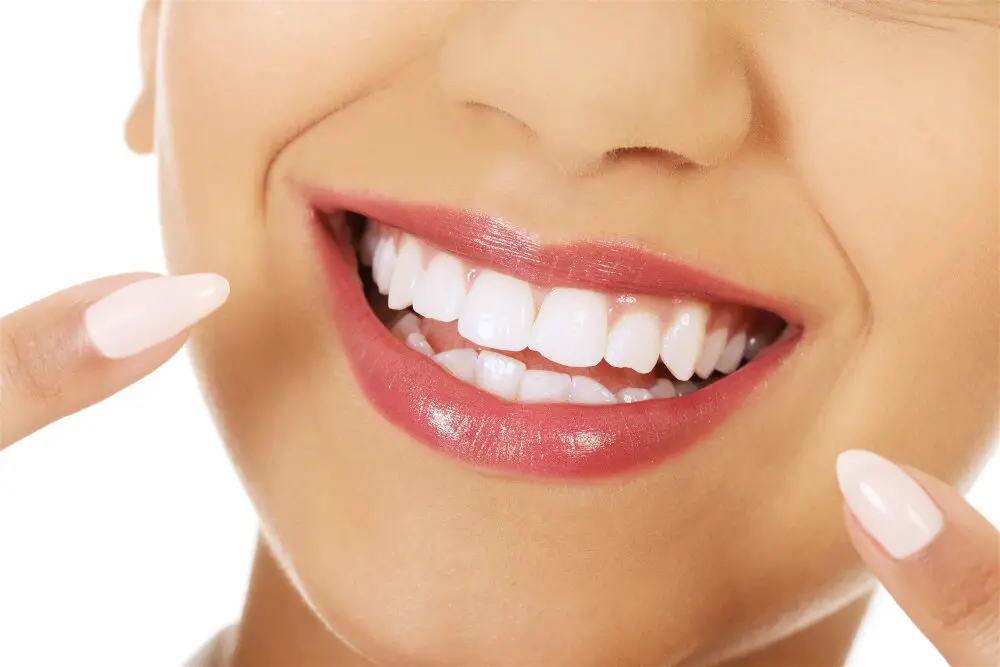
Weird sensations in our teeth can be quite disconcerting, and sometimes even painful. There are many reasons why your teeth may be feeling strange, including cavities, gum disease, and even issues with your sinuses. One common cause of weird tooth sensations is tooth sensitivity. This occurs when the enamel on your teeth wears away, exposing the sensitive dentin underneath. When you eat or drink something hot or cold, it can cause a sharp, sudden pain in your teeth. There are many remedies for tooth sensitivity, including using a desensitizing toothpaste, avoiding foods and drinks that trigger sensitivity, and using a fluoride rinse or gel to strengthen your teeth. Another cause of weird sensations in your teeth is bruxism, or teeth grinding. This occurs when you clench or grind your teeth, often during sleep. Bruxism can cause a variety of symptoms, including jaw pain, headaches, and of course, weird sensations in your teeth. To treat bruxism, your dentist may recommend a mouthguard to protect your teeth and prevent grinding. They may also suggest stress-reducing techniques, as stress is a common cause of teeth grinding. Whatever the cause of your weird tooth sensations, it’s important to see your dentist as soon as possible to get an accurate diagnosis and treatment plan.
Weird sensations in teeth could be described in various ways, such as sensitivity, pain, or tingling. It could feel like a sharp, stabbing pain or a dull ache that persists for hours or even days. Some people may experience sensitivity to hot or cold temperatures, sweets, or acidic foods. Additionally, the teeth may feel loose or tender to touch, making it uncomfortable to chew or bite down. These sensations may be caused by several factors, including tooth decay, gum disease, teeth grinding, or dental procedures. It is important to consult with a dentist to determine the underlying cause of the discomfort and receive appropriate treatment.
Experiencing unusual sensations in your teeth can be distressing, and there are various reasons why this can happen. One common cause is tooth movement, which can occur due to natural aging or dental procedures such as braces or tooth extraction. Nerve damage is another possible culprit, and this can result from a variety of factors such as trauma, infection, or certain medical conditions. Other possible causes of weird sensations in teeth include sinus issues, teeth grinding, and gum disease. If you are experiencing any unusual symptoms, it is important to consult with a dental professional to determine the underlying cause and develop an appropriate treatment plan.
If you are experiencing weird sensations in your teeth, there are remedies available depending on the cause of the issue. For orthodontic treatment, discomfort and soreness are common, but over-the-counter pain relievers and orthodontic wax can help alleviate discomfort. For root canals, sensitivity may persist for a few days or weeks, but pain relievers, ice packs, and avoiding hard or crunchy foods can help. It’s important to consult with your dentist or orthodontist to ensure proper treatment and to address any concerns or lingering discomfort. Taking care of your teeth, including regular brushing and flossing, can also help prevent future weird sensations.
There are several common causes of teeth feeling weird, including tooth decay, gum disease, teeth grinding, and sensitive teeth. Tooth decay and gum disease can cause pain and sensitivity, while teeth grinding can lead to worn down teeth and jaw pain. Sensitive teeth can be caused by a variety of factors, such as brushing too hard or consuming acidic foods and drinks. Remedies for these issues can include practicing good oral hygiene, using desensitizing toothpaste, wearing a mouthguard at night for teeth grinding, and seeking professional dental treatment. It’s important to address any discomfort or unusual sensations in your teeth promptly to prevent further damage and maintain good oral health.
If you’re experiencing any unusual sensations in your teeth, it’s essential to see a dentist as soon as possible. Ignoring these sensations can lead to more severe dental problems, including decay, infection, and even tooth loss. Your teeth are incredibly important, and taking care of them should be a top priority. Seeing a dentist regularly can help detect and treat any dental issues early on, preventing them from becoming more serious. So, don’t hesitate to make an appointment with your dentist if you’re experiencing any weird sensations in your teeth. Your dental health is crucial, and taking care of it will ensure you have a healthy smile for years to come.
Conclusion

In conclusion, the sensation of weirdness in teeth can have multiple underlying causes, ranging from minor issues like food stuck between teeth to serious dental problems like decay or gum disease. It is essential to pay attention to the symptoms and seek professional help if needed. However, several home remedies can help alleviate the discomfort and prevent further damage. Maintaining good oral hygiene, avoiding harmful habits, and adopting a healthy diet can go a long way in keeping teeth healthy and free from weird sensations. Regular dental check-ups and prompt treatment of any dental issues are crucial for maintaining optimal oral health. Ultimately, taking care of our teeth is not only essential for maintaining a beautiful smile but also for our overall well-being.







